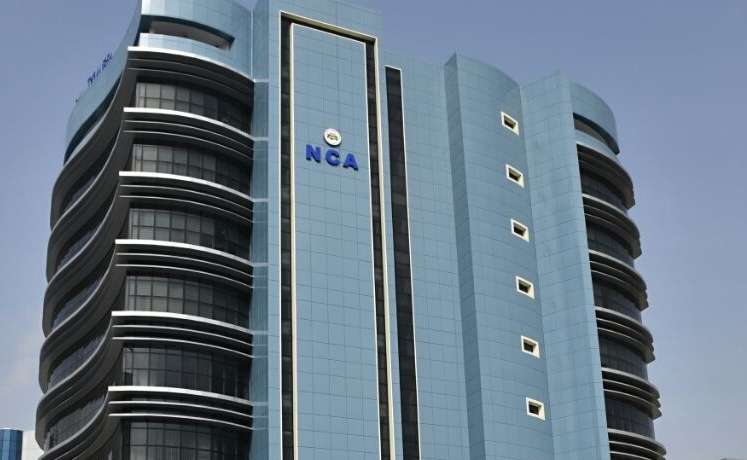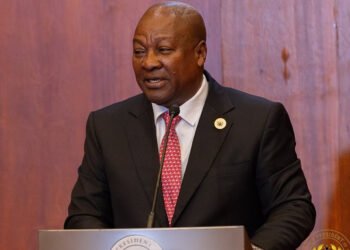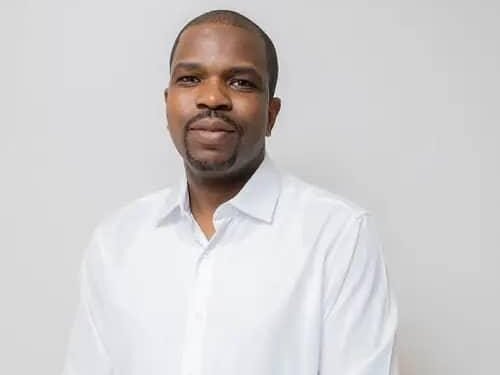The ongoing standoff between the government and MultiChoice Ghana over subscription fees for its DStv service has taken a new twist, with journalist and political commentator Manasseh Azure Awuni accusing authorities of creating confusion and shifting their stance on the matter.
Awuni raised concerns about the government’s threat to enforce a DStv shutdown, questioning whether the Ministry of Communications and the National Communications Authority (NCA) are handling the situation with transparency and consistency.
Awuni acknowledged that many Ghanaians would welcome a reduction in DStv subscription prices, which have steadily increased over time.
“If the government negotiates a price reduction for Ghanaian subscribers of DStv, I will be happy about the outcome. I stopped using DStv because of the price increment, so I’m not against a price reduction.
“[However], we may have to detach our emotions from issues of this nature and discuss them dispassionately, as some border on good governance practices. That is why one has to be worried about the apparent dishonesty and shifting of position in the NCA’s statement.”
Manasseh Azure Awuni
According to Awuni, the main issue revolves around whether MultiChoice ever opposed joining the stakeholder committee. He clarified that the company never rejected the idea.
Meanwhile, MultiChoice Ghana, in a press release issued on September 5, clearly expressed its readiness to take part in a government-formed stakeholder committee set up to address concerns over subscription pricing.
The company’s statement read that it “would fully participate in the established working committee” to find a resolution.
However, MultiChoice firmly denied the Minister of Communications’ claim that it had already agreed to reduce subscription fees.
This denial angered Minister Sam George, who subsequently threatened to shut down DStv services if the company failed to engage in discussions on price reductions.

Accordingly, Awuni noted that this public threat stemmed from a misunderstanding or misrepresentation of MultiChoice’s position.
While the minister announced that the company had agreed to cut prices, MultiChoice insisted it had only agreed to discuss the matter through the committee process.
This distinction, Awuni argued, is crucial. “Agreeing to discuss a price reduction is not the same as assuring the minister that it had agreed to reduce its prices, as the minister had announced,” he clarified.
NCA’s Role In DStv Saga Under Scrutiny
The National Communications Authority later issued a statement; however, Manasseh Awuni contended that it lacked transparency and failed to explain why the government’s earlier threat to enforce a DStv shutdown was not carried out.
He noted that, based on all the information available, MultiChoice has remained consistent in its stance since its September 5 press release, maintaining its rejection of the minister’s claim while emphasizing its commitment to engage through the proposed committee.
The fact that the minister’s threat to shut down DSTV has not been acted upon, he added, casts doubt on the government’s actual intentions and overall strategy.

“Your [NCA’s] statement should have been forthright. You should have told us something different; why the threat to shut down DStv has not happened, since, from what you have shared, no further concession has come from Multichoice.”
Manasseh Azure Awuni
He suggested that both the NCA and the Ministry might have reassessed their stance and chosen to move forward with committee discussions instead of taking a hardline enforcement route.
He emphasized that openly acknowledging such a shift would not be a sign of weakness, as adapting strategies to achieve better outcomes demonstrates strength.
Broader Implications for Governance
Mannaseh Awuni further warned that the handling of the DStv issue could have broader implications for governance and investor confidence.
A perceived lack of honesty and clarity, he said, undermines trust in public institutions and may discourage private companies from operating freely in Ghana’s market.
He stressed that clear communication and respect for due process are essential when dealing with corporate entities, particularly in a liberalized market environment.

Regulatory threats, if not followed through, can damage the credibility of the very institutions meant to protect consumers and ensure fairness.
As the standoff continues, Ghanaian subscribers are left uncertain about the future of their satellite television services. The government’s next steps will likely determine whether this dispute ends in a negotiated price reduction or escalates into a deeper regulatory conflict.
For now, Awuni’s comments highlight a growing demand for greater transparency from both the Ministry of Communications and the NCA.
His critique underscores the need for government officials to communicate clearly and avoid actions that may appear driven by ego or political calculations rather than the public interest.
“The impression created in this statement lacks both clarity and honesty,” Awuni concluded, urging authorities to prioritize accountability and good governance as they navigate this high-profile dispute.
READ ALSO: Japan’s Ishiba Announces Resignation






















